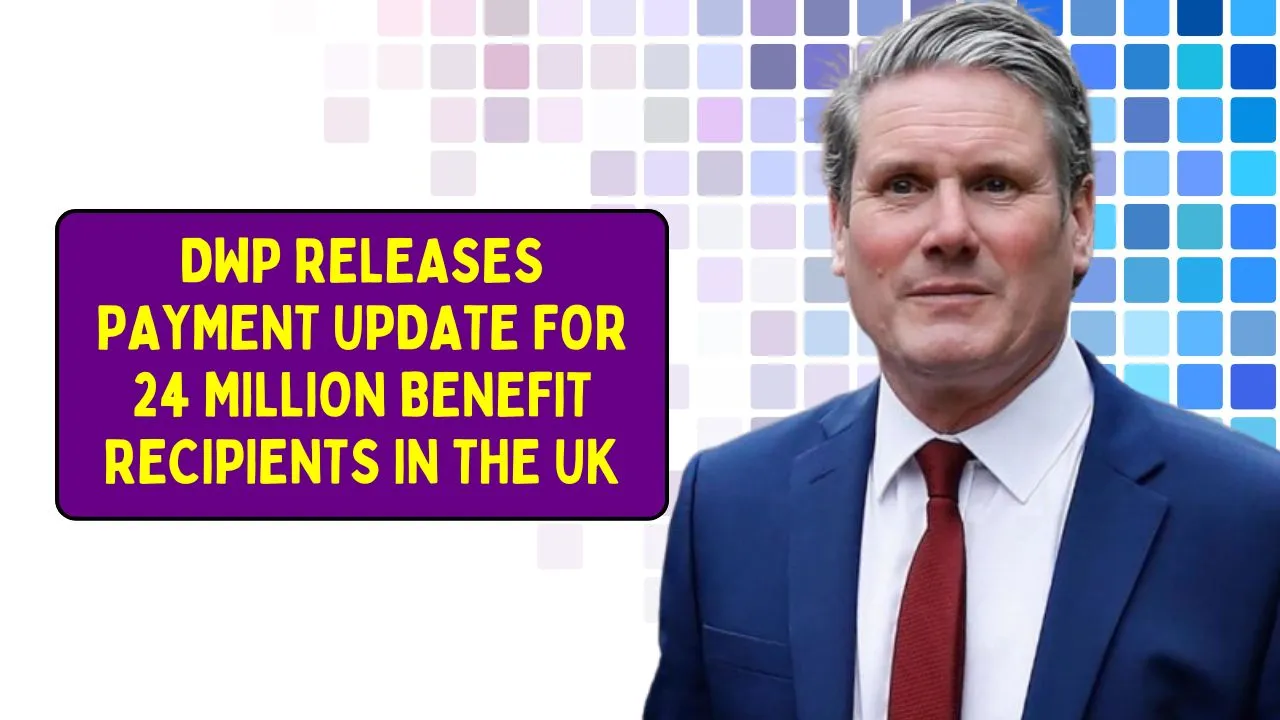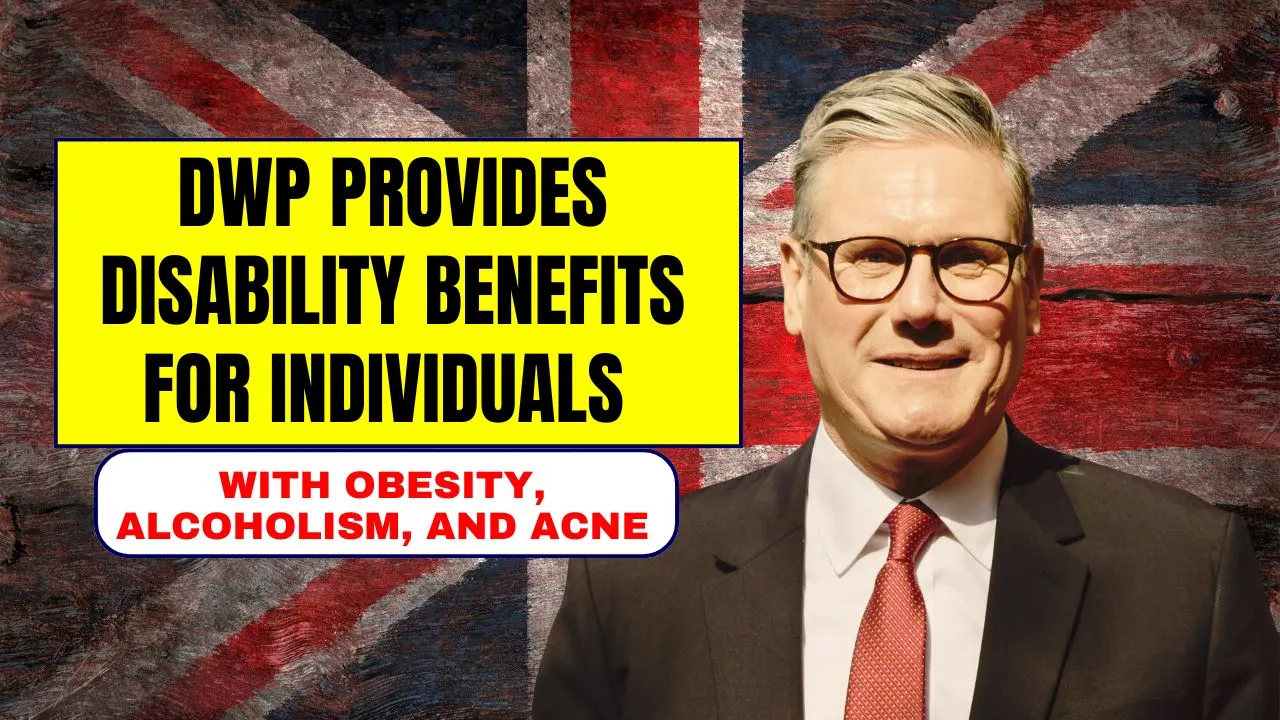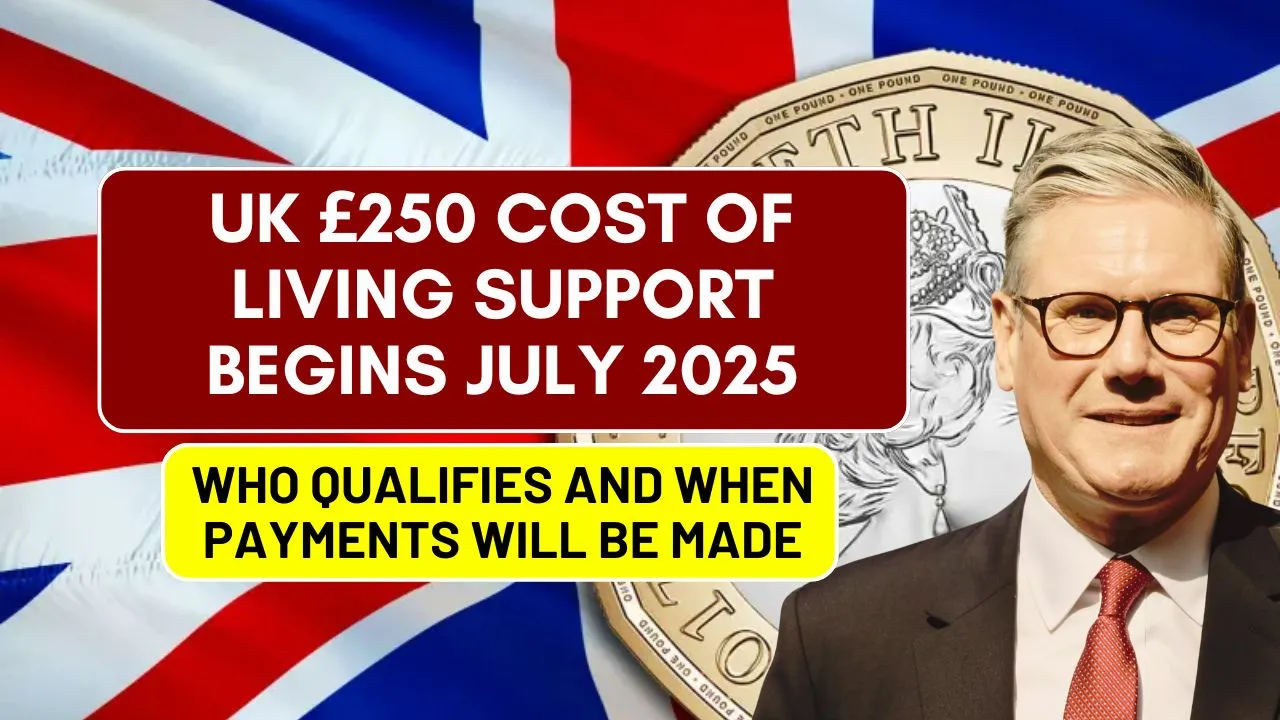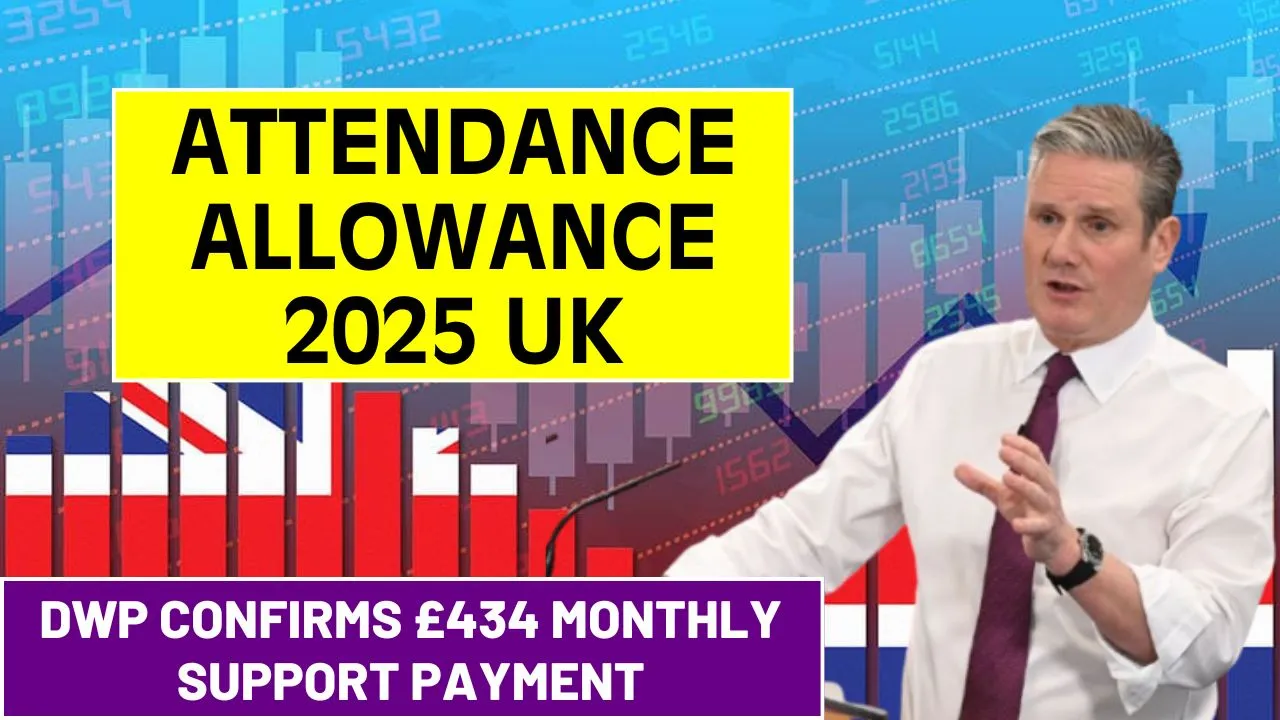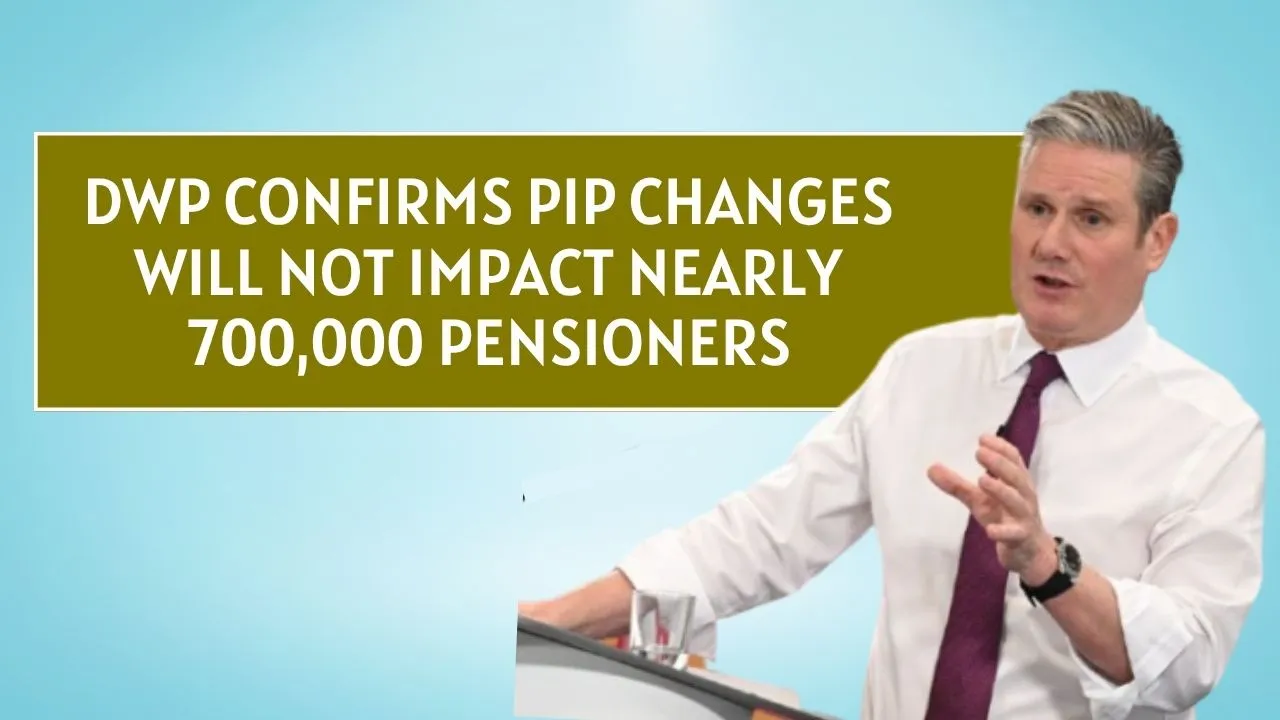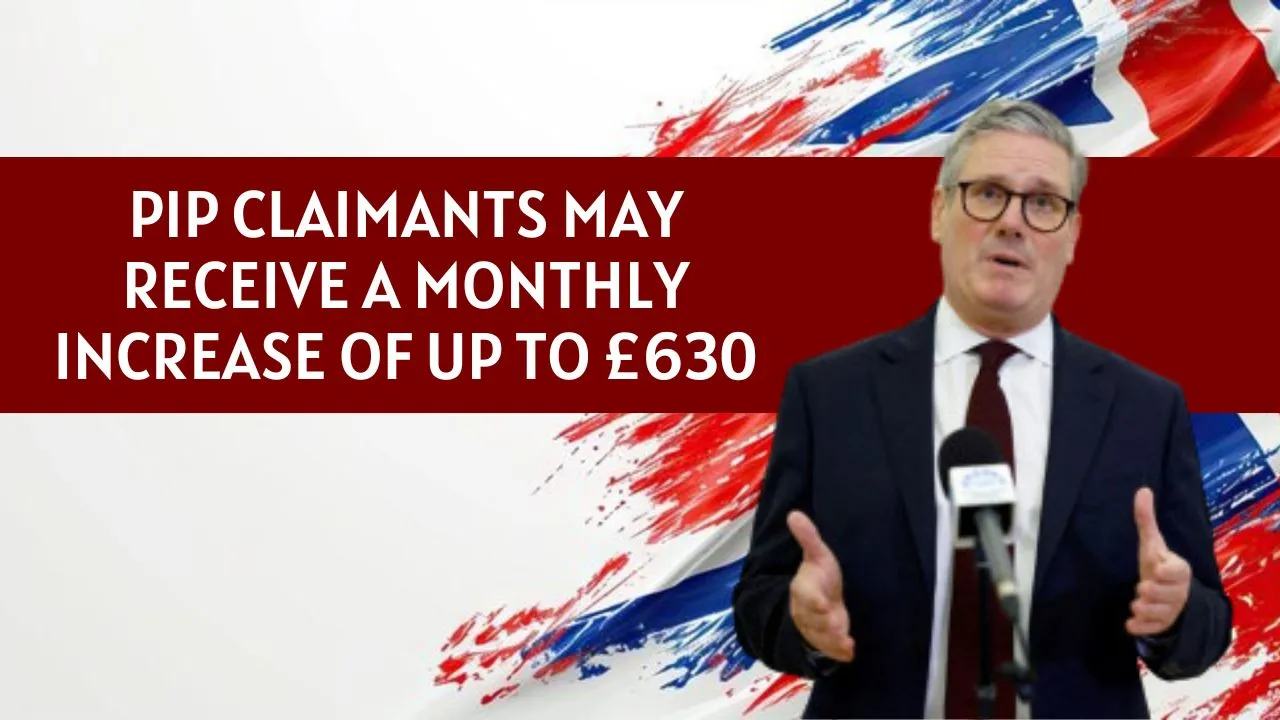Benefit Recipients: For millions of Benefit Recipients in the UK, timely access to their payments is more than just convenience—it’s a financial lifeline. With cost-of-living challenges affecting households across the country, knowing when and how payments will be delivered matters. The Department for Work and Pensions (DWP) has provided reassuring news for July 2025: all payments are scheduled to be issued without delay.
This article explores who qualifies as Benefit Recipients, what payments are being made in July, and why unclaimed benefits remain a critical issue. It also examines the DWP’s ongoing efforts to simplify the system through Universal Credit, while urging eligible individuals to take action and ensure they receive the support they’re entitled to.
Benefit Recipients: Timely Payments and Why They Matter
Benefit Recipients are individuals or households who qualify for state support through various DWP programs, including Universal Credit, State Pension, and Disability Allowances. With July containing no UK bank holidays, the DWP has confirmed that all payments will proceed according to the regular schedule. This timely delivery supports over 24 million people, providing financial consistency and reducing uncertainty. Yet, while scheduled payments are welcome news, a pressing issue lingers: billions in benefits remain unclaimed every year. By understanding the full scope of available assistance, individuals can better navigate the current economic climate and secure their rightful share of support.
Overview Table
| Category | Details |
| Number of recipients | Approximately 24 million in the UK |
| July 2025 payment status | No delays; all payments will be processed on time |
| Key benefits included | Universal Credit, State Pension, Child Benefit, DLA, PIP, Carer’s Allowance, ESA, JSA, Income Support |
| Unclaimed benefits estimate | £22.7 billion (income-based); over £30 billion including others |
| Universal Credit transition | Full migration expected by January 2026 |
Growing Levels of Unclaimed Benefits in the UK
Every year, billions in income-related support go unclaimed, leaving many Benefit Recipients unaware of what they’re eligible for. According to new research, roughly £22.7 billion in income-related benefits is left untouched annually. When disability and discretionary allowances are included, the total surpasses £30 billion.
Several factors contribute to this issue. Many individuals simply do not realize they qualify for assistance, while others find the application process overwhelming or confusing. Social stigma, language barriers, and a lack of clear communication from institutions also play a role. These missed benefits aren’t just numbers—they represent essential lifelines for those struggling with rent, food, and healthcare expenses.
Raising awareness is crucial. By understanding eligibility criteria and accessing online tools or advice centers, more people can claim the support they deserve, easing pressure on both households and public services.
Regular Payments for Key Benefits in July
July is a critical month for millions relying on government aid, especially during peak financial pressures. Fortunately, the DWP has confirmed that all payments scheduled for July will be made on time, thanks to the absence of bank holidays.
Here are the benefits being issued this month:
- Universal Credit – Income support for working-age individuals and families
- State Pension – Retirement income for qualifying citizens over pension age
- Pension Credit – Additional help for low-income pensioners
- Child Benefit – Financial support for parents or guardians with children
- Disability Living Allowance (DLA) – Support for those with disability-related needs
- Personal Independence Payment (PIP) – Replaces DLA for most adults
- Attendance Allowance – For elderly individuals needing care
- Carer’s Allowance – For individuals providing care to someone with a disability
- Employment and Support Allowance (ESA) – Support for people unable to work due to illness or disability
- Income Support and Jobseeker’s Allowance (JSA) – Legacy benefits now being phased out
For Benefit Recipients, regular disbursements provide predictable support, allowing them to budget for housing, utilities, and daily needs with greater confidence.
Universal Credit Transition by January 2026
The UK welfare system is undergoing one of its most significant transformations in recent history. By January 2026, the DWP aims to complete the transition of all legacy benefits to Universal Credit, a more integrated and streamlined support system.
This change affects individuals currently receiving older benefits like Income Support, ESA (Income-based), and Tax Credits. Those impacted will be notified by the DWP with clear instructions on how to migrate.
Universal Credit combines several benefits into one monthly payment and is designed to simplify the claims process while reducing administrative complexity. However, claimants should review their circumstances and seek advice if they are unsure how the transition will affect them. Proper preparation will ensure a smooth switch and uninterrupted support.
Methodology Behind Unclaimed Benefit Estimates
To determine the growing levels of unclaimed benefits, researchers used data provided by the DWP and cross-referenced it with labor market statistics. Where official data was limited or unavailable, they relied on modeling techniques to produce credible estimates.
Importantly, the reported £22.7 billion figure does not include disability-specific or discretionary payments, which are often more complex to track due to additional eligibility requirements. Including these would push the figure beyond £30 billion.
These numbers reflect more than just data—they reveal systemic gaps in outreach and education. For policymakers, the findings underscore a need to improve benefit communication, simplify eligibility checks, and promote accessible claiming platforms.
Conclusion
July 2025 brings a sense of financial consistency for UK Benefit Recipients, as the DWP ensures timely payments across all supported programs. For over 24 million individuals and families, this is essential relief in a time of economic instability. However, the staggering amount of unclaimed benefits—over £30 billion—cannot be ignored.
These untapped funds represent missed opportunities to ease hardship, reduce inequality, and support national recovery. Whether you’re receiving Universal Credit or caring for someone with a disability, it’s worth reviewing what assistance you’re entitled to.
Don’t wait to find out—use government tools, speak with local advisors, and ensure you’re receiving everything you’re eligible for. A few clicks or a quick call could unlock vital support for you or someone you care about.
Take charge of your benefits today. Explore your options, and help spread awareness to others who might be missing out.
Frequently Asked Questions
1. Will there be any delays in July’s DWP payments?
No, all DWP payments in July 2025 will be processed on time. The absence of UK bank holidays ensures a smooth schedule.
2. Which benefits are being paid this month?
Payments include Universal Credit, State Pension, PIP, Child Benefit, DLA, ESA, JSA, and Carer’s Allowance among others.
3. Why do people miss out on benefits they qualify for?
Many are unaware they’re eligible, while others face challenges navigating complex forms or digital systems. Improving outreach and education can help bridge the gap.
4. What’s happening with Universal Credit?
The DWP is replacing all legacy benefits with Universal Credit by January 2026. Recipients will receive notifications about the transition.
5. How much money goes unclaimed in benefits each year?
Estimates suggest £22.7 billion in income-related benefits go unclaimed annually, rising above £30 billion when other support types are included.
